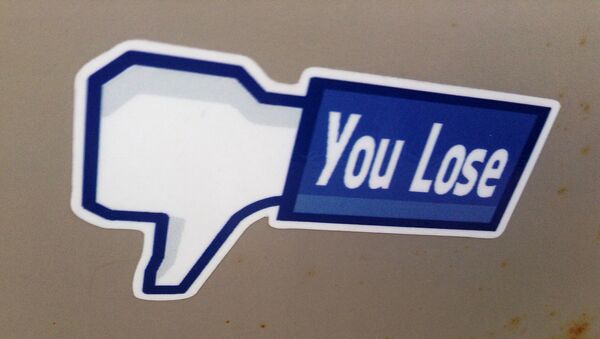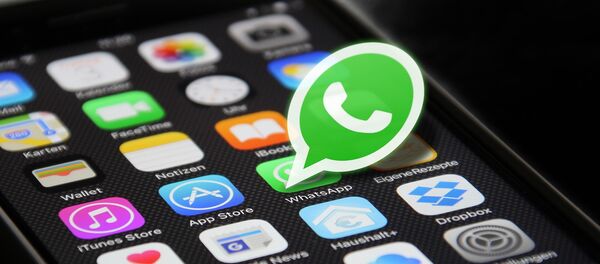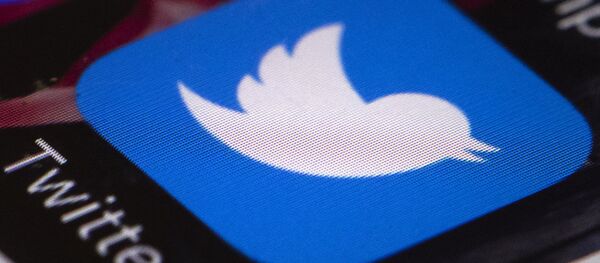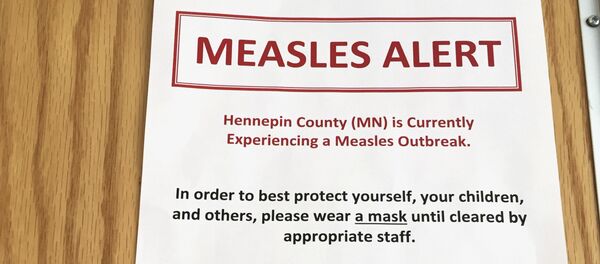Anonymous US officials told The Post that the purported activities of alleged internet trolls were disrupted on 6 November, the day of the election, as well as shortly afterward.
Previously, US prosecutors claimed that the agency had allegedly engaged in a widespread campaign to sow discord and interfere with the US political and electoral processes, including the presidential election, since 2014.
Special Counsel Robert Mueller indicted 13 individuals and three companies connected to the agency, including 12 of its employees. The indictment included Yevgeny Prigozhin, a Russian businessman, dubbed by Western media as Russian President Vladimir Putin's 'chef', and his company Concord Consulting.
Sputnik talked about the alleged cyberattack on the Internet Research Agency with Mark Gregory, an Associate Professor in Network Engineering from RMIT University in Australia.
Sputnik: Professor, in your view, why is the information about the alleged US cyberattack against Russia's Internet Research Agency being released only now?
Mark Gregory: The information is being released now because we are seeing a number of countries update their local legislation to take into account what they would term to be offensive material or politically-oriented material that’s appearing on social media.
So a number of countries have taken quite a while to catch up, and as part of the process of catching up, the governments have been announcing actions, as this one was, to shut down a troll factory.
They’ve been announcing it as part of the process of updating their legislation. What we are really seeing is governments trying to bring this area of the Internet and the way that the Internet works into line with expectations within each of the different jurisdictions.
Mark Gregory: Oh yes it most certainly is.
There’s a number of different technical approaches that can be adopted and have been adopted, now not just in this particular case, but in a number of cases where governments have acted against entities that they believe are trying to be disruptive during events like elections, so this is now becoming quite a common occurrence and what we're seeing is governments are actually advertising the fact that their cybersecurity agencies are no longer just defensive agencies, that they are now taking offensive action against criminals and foreign actors that they believe are carrying out actions that are illegal within their country.
Sputnik: 13 individuals and three companies were indicted by Robert Mueller over interference in the US election. Professor, how much influence could this number of individuals and companies had over the outcome of US elections?
So it’s a matter of the multiplying effective that social media has, and we're seeing that there is quite a large effort at the moment happening to try and get the social media companies to address the way that this has been working.
But to be honest, and to be fair to the social media companies, this is a learning exercise for everyone, the social media companies haven’t been aware of the way that their platforms have been used, and so for them, this is also a learning exercise.
So what we’re seeing, is if you like, a mad dash by governments to update legislation, by social media companies around the world to update their platforms to be able to shut down this type of activity before it becomes a problem.
Sputnik: Donald Trump's long-time lawyer Michael Cohen said during his Congressional testimony that there was no Russia collusion. Professor, why in your view, this issue is still on the agenda?
Mark Gregory: I think, in that particular case he indicated that he was not aware of any specific interaction between the President and Russian authorities.
He’s one individual, I think that the investigation is much broader, of course, because there’s a need to identify whether there was more people involved in this activity than what Michael Cohen knew.
In my country, Australia, just recently the government has been pursuing one of the social media companies about a particular webpage on that social media company that it wasn’t authorised under what we call our Electoral Act.
So for the first time the government has come into the media and said that there are now pursuing the social media company about this, because if webpages are going to appear then they’re going to have to be authorised under the Electoral Act.
So that’s really big step because it means they’ll be able to shutdown unauthorised webpages and groups very quickly, and I think what we are seeing with the United States government is really a hangover from a period of time where, I think, the legislation and the laws were clearly defined in a way that the social media companies were able to understand exactly what their role was in this process.
Views and opinions expressed in this article are those of Mark Gregory and do not necessarily reflect those of Sputnik.






